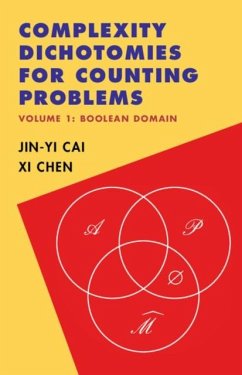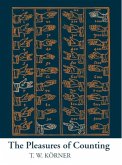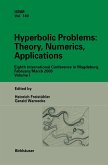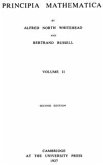Complexity theory aims to understand and classify computational problems, especially decision problems, according to their inherent complexity. This book uses new techniques to expand the theory for use with counting problems. The authors present dichotomy classifications for broad classes of counting problems in the realm of P and NP. Classifications are proved for partition functions of spin systems, graph homomorphisms, constraint satisfaction problems, and Holant problems. The book assumes minimal prior knowledge of computational complexity theory, developing proof techniques as needed and gradually increasing the generality and abstraction of the theory. This volume presents the theory on the Boolean domain, and includes a thorough presentation of holographic algorithms, culminating in classifications of computational problems studied in exactly solvable models from statistical mechanics.
Dieser Download kann aus rechtlichen Gründen nur mit Rechnungsadresse in A, B, BG, CY, CZ, D, DK, EW, E, FIN, F, GR, HR, H, IRL, I, LT, L, LR, M, NL, PL, P, R, S, SLO, SK ausgeliefert werden.
Hinweis: Dieser Artikel kann nur an eine deutsche Lieferadresse ausgeliefert werden.









